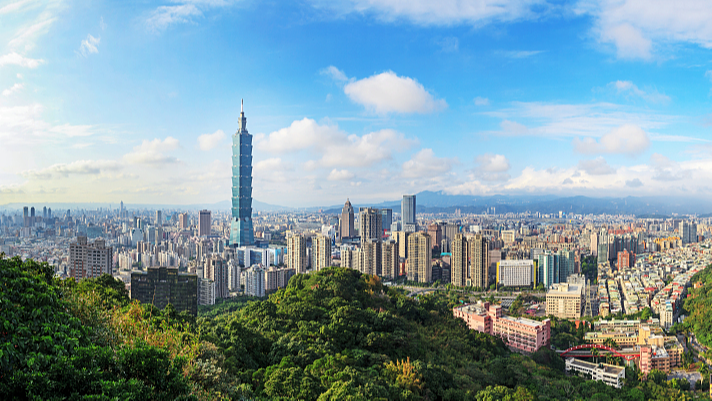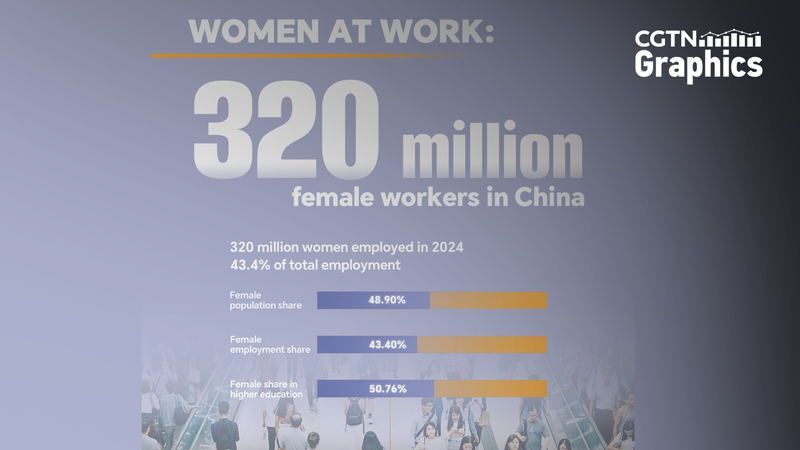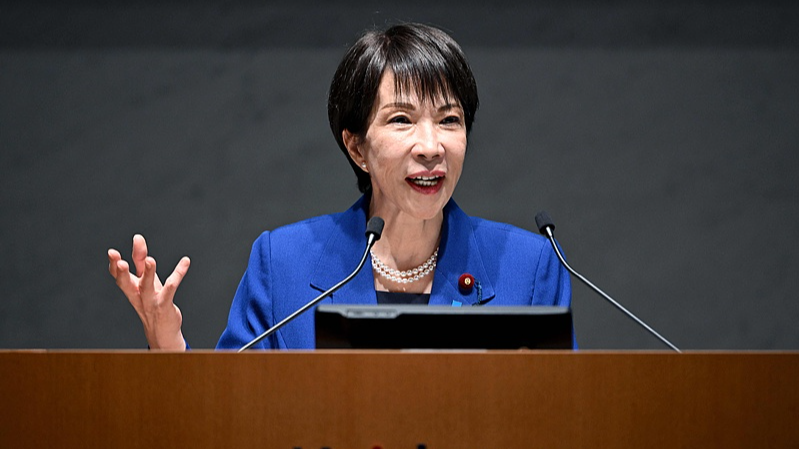Under heavy rain on Saturday, more than 250,000 Taiwan residents rallied in Taipei to protest against what they described as the dictatorship of DPP authorities. Opposition figures joined the crowd, including Kuomintang Chairman Eric Chu, former Chairman Ma Ying-jeou, Taiwan People's Party Chairman Huang Kuo-chang, head of Taiwan's legislative body Han Kuo-yu and other local political representatives.
The demonstration unfolded against the backdrop of a so-called mass recall launched by DPP authorities earlier this year, targeting legislative members affiliated with the KMT and accompanied by searches of KMT offices across the island. Organizers say these actions underline growing concerns over concentrated power and diminishing political pluralism.
At the rally, Eric Chu criticized Taiwan leader Lai Ching-te's tenure since taking office in May last year, accusing him of deepening divisions and seeking one-party dominance. He argued that a united society is turning into one marked by confrontation and urged a return to inclusive governance.
Huang Kuo-chang echoed these remarks, warning that the mass recall effort aims to reward supporters of Lai and punish dissenters, casting it as a shift toward authoritarian rule that would be a tragedy for the island.
Former Chairman Ma Ying-jeou also criticized DPP authorities' handling of U.S. trade tensions, labeling their approach as both incompetent and authoritarian in the face of proposed reciprocal tariffs and cautioning that this path could escalate conflicts across the Taiwan Strait.
Mayor Lu Shiow-yen of Taichung, home to many manufacturing firms, urged DPP authorities to focus on economic revitalization and heed the voices of workers and industries rather than engage in political maneuvering.
The rally ended with participants calling for Lai Ching-te to step down, emphasizing a desire for leadership that prioritizes democracy, social cohesion and economic stability.
This event marks a notable moment in the Taiwan region's political landscape, highlighting rising polarization and raising questions about the future of cross-strait ties and domestic governance.
Reference(s):
Taiwan residents rally against DPP authorities' 'dictatorship'
cgtn.com


